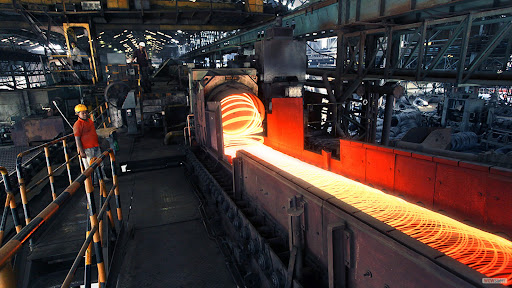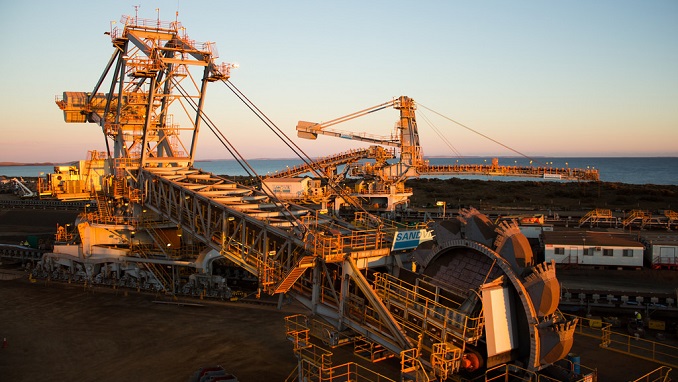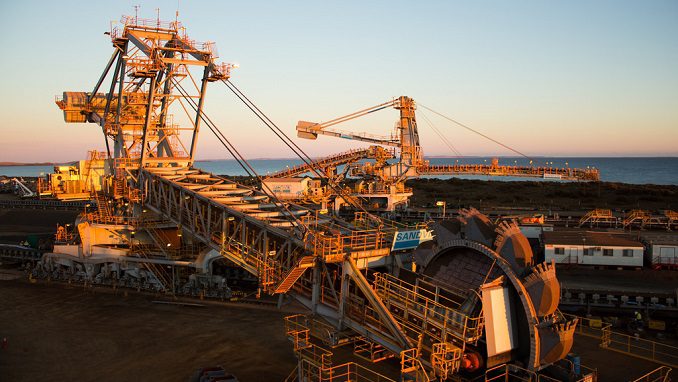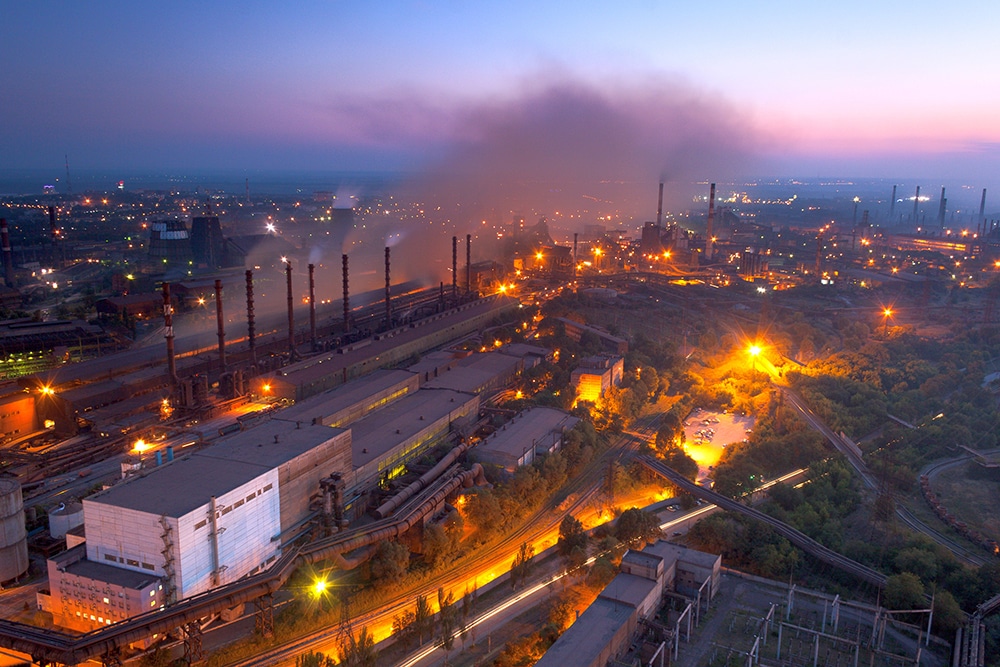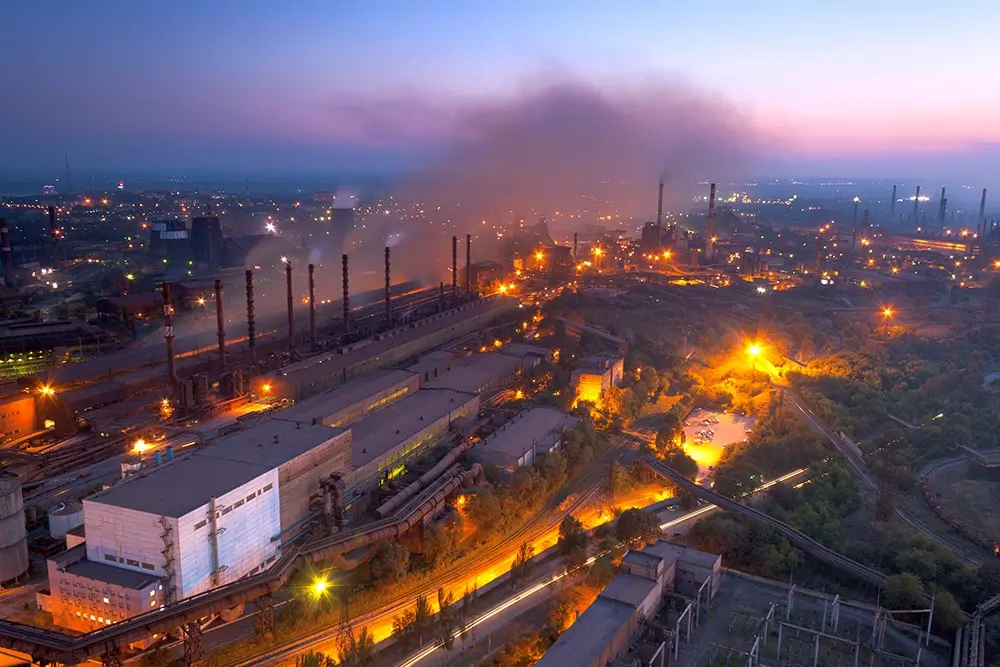China’s derivatives markets including those for rebar and iron ore pulled back on Wednesday, after the two-day economic planning conference in Beijing ended without any new substantial stimulus measures being announced. Hopes that the top level meeting would decide policies that would boost steel consumption in 2024 had fuelled bullish sentiment for ferrous futures for weeks, as Mysteel Global had reported.
On December 13, the day after this year’s Central Economic Work Conference wound up, the most-traded rebar futures contract on the Shanghai Futures Exchange for May delivery closed the daytime trading session lower at Yuan 3,942/tonne ($549.3/t), logging a dip of 2.3% compared to the settlement price on the prior day, exchange data shows. Meanwhile, the most-traded iron ore futures contract on the Dalian Commodity Exchange also for May delivery ended Wednesday’s daytime session with a fall of 1.35% from the prior day’s settlement price, trading statistics show.
Chinese futures prices for both rebar and iron ore had been strengthening since mid-October and as the contracts reached near record-levels, most market pundits were eagerly anticipating the introduction of new or stronger economic stimulus measures during this year’s conference. Nevertheless, at the event’s conclusion no mention was made of any particularly powerful measures that might boost China’s steel and iron ore consumption substantially during next year, Mysteel Global noted.
For example, comments from conference attendees about the domestic property market chiefly focused on the prevention and mitigation of financial risks related to the sector, just as central governing bodies have reiterated throughout this year, with no aggressive policy apparently being agreed at the conference. Without further support from market sentiment, the fundamentals for steel and iron ore in China will face pressure and the currently high futures prices will likely prove unsustainable, a ferrous futures analyst in Shanghai remarked.
In fact, the country’s consumption of construction steel may decline in coming weeks due to serious seasonal factors, market sources observed, pointing out that more regions have faced cold waves recently, impeding business activity and disrupting logistics. For example, this week China’s National Meteorological Center has issued frequent warnings about snowstorms or icy road conditions in regions such as North China’s Shanxi and East China’s Shandong.
The shrinking consumption of steel may see Chinese steelmakers continue to endure poor margins on steel sales, which will dull their production enthusiasm in turn, as reported. As a result, the reduction in hot metal output among mills will weaken their demand for raw materials including iron ore.
On the other hand, the supply of imported iron ore may loosen in China this month, as top miners will beef up ore production and shipments to capitalize on the high prices of the commodity currently, and also to meet their full- or half-year targets, another market watcher in Shanghai predicted.

